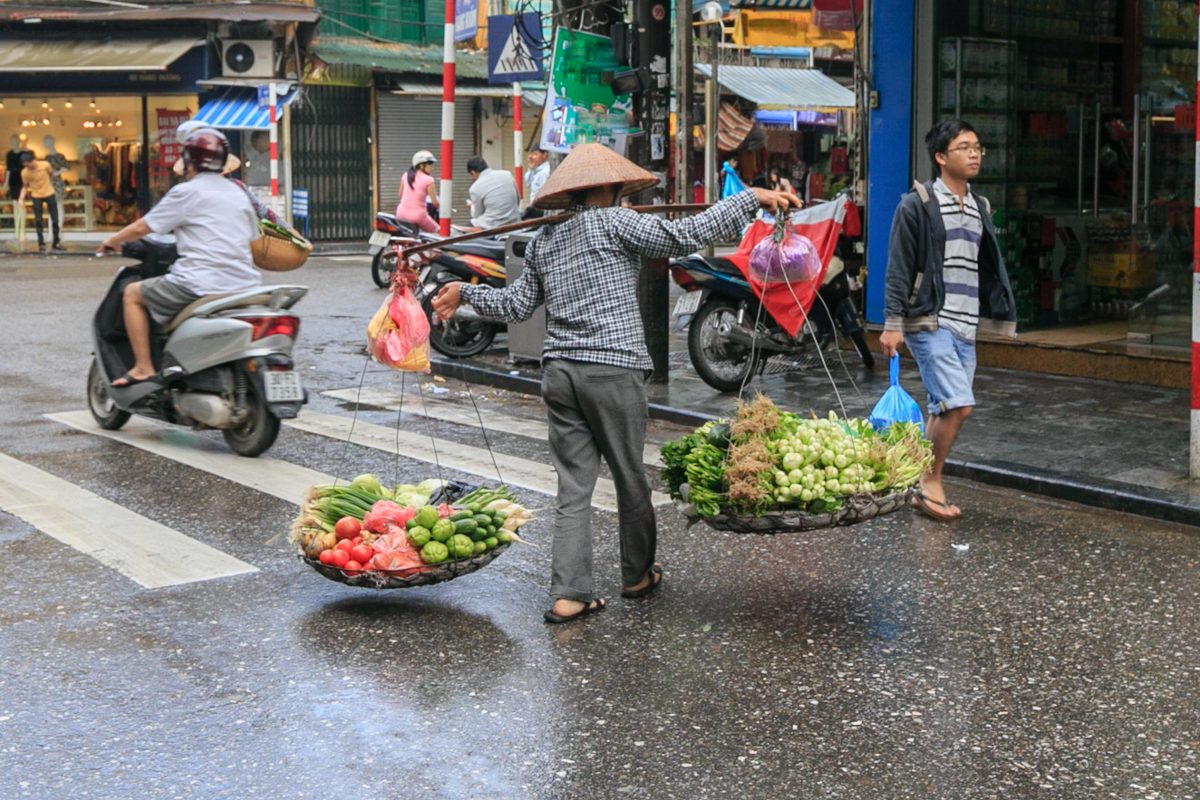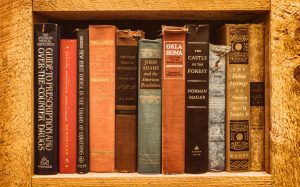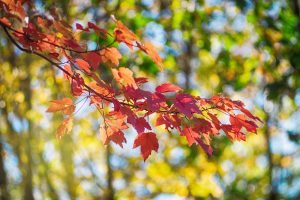Robert Frost: A Painter in Verse
The only poet to receive four Pulitzer Prize for poetry, Robert Frost is famous for his poems written in dialect used by the common man of America. Often, the scenery depicted in his verse carries a deeper philosophical reflection inherent in everyday life. His influence in writing was derived from poets like Yeats, Keats, Heaney and Graves. Let’s know more about the thoughts of the poet:
Background of the poem
Although brought up in a city, Frost had tried his hand at farming and was aware of the hardships a farmer went through to earn a daily wage. He was against the corrupt officials of the city which were puppets in the hands of the businessmen and politicians. In this poem, Frost has tried to bring out his anti-capitalist attitude and the illusion of living in a city being the definition of development.
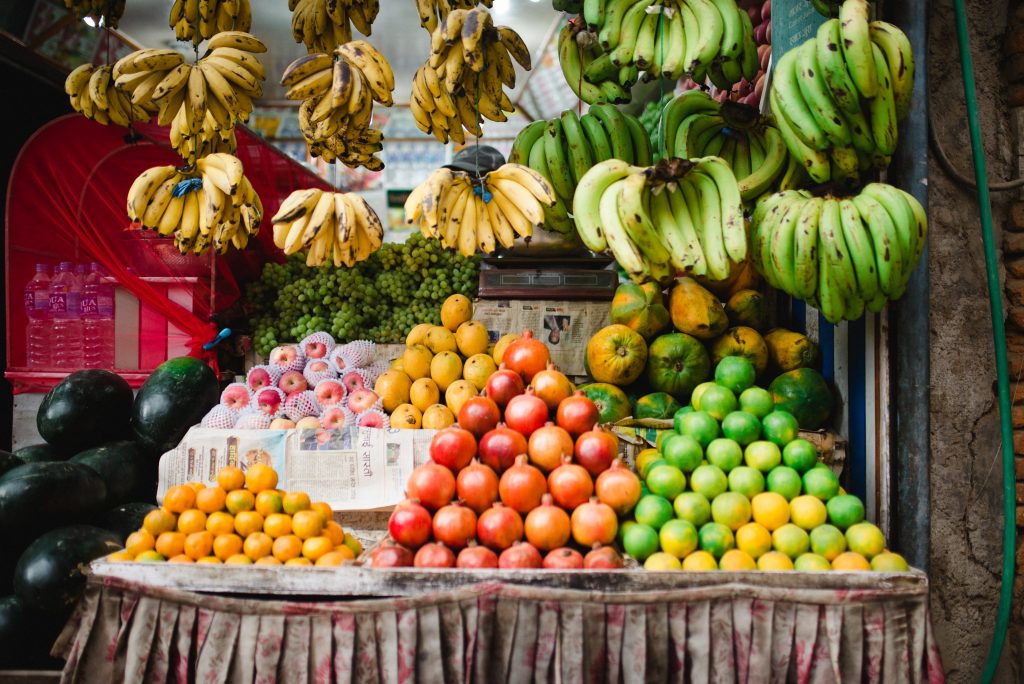

Short Summary
The first fifteen lines of the poem begin with the description of a roadside shack on the highway. It is a small excuse of a shop, built poorly displaying humble products in old jars. There are wild berries in wooden crates, juice extracted from fruit looking golden in colour with effervescence of silver bubbles (probably indicating its luxuriant, tantalising taste). Inside, the farmer sits hoping to catch someone’s attention.
There is pride in what he is doing, so he expects to be paid for his hard work and not seen as indignant or lazy as city-dwellers generally picture beggars. The poem presents two paradoxical scenes. One is of the expectant farmer bringing chemical-free food which he honestly reaped to sell to the travelers. In the second scene, the travelers are shown passing by unaware of the existence of the farmers.
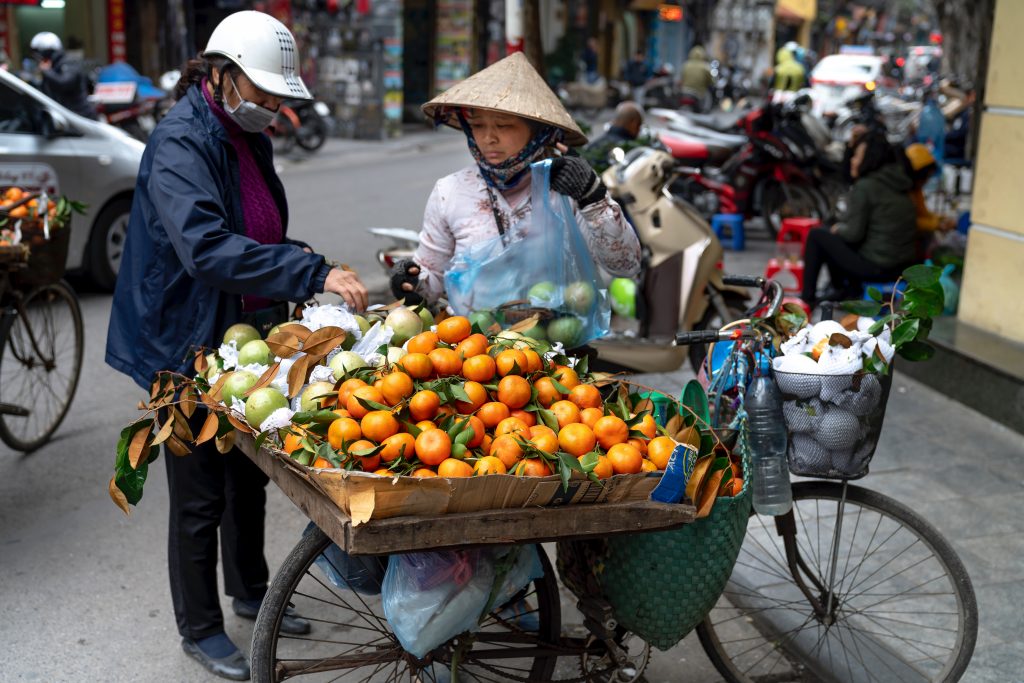

They only stop to notice the insincere way in which the indicators on the highway have been painted or to admire the beauty of the mountains. They are miserly and ignorant of the real value of the farmer’s products.
Lines 16- 31 show the plight of the farmers and the indifference of the people who live in cities. The poet says that the political leaders do not care about the poverty of the villagers. They are only concerned with the so-called development done by builders and money-minded businessmen.
They come to the village and uproot its entire heritage to build malls and theatres which baffle the simple rustics. They are not accustomed to such skyscrapers and rush but in the name of progress they are made to believe that cities are for their benefit, thus taking them away from their culture also.
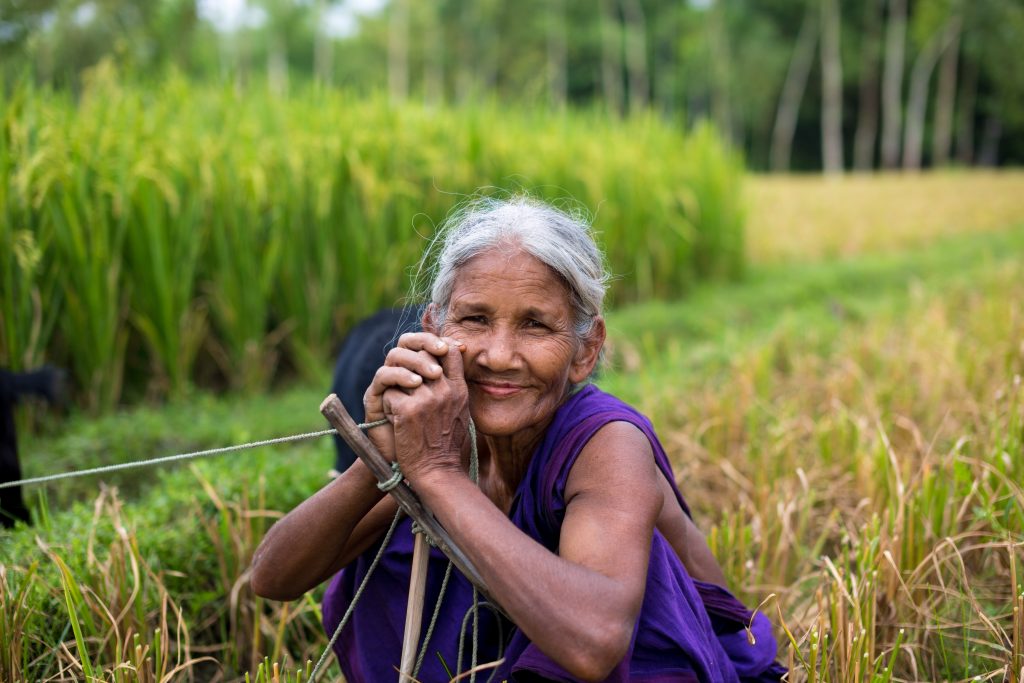

Last stanzas of the poem are the poet's contemplation about the farmer’s mental state and his own also. He says he cannot bear the thought of such honest people suffering in vain while people like him and other affluent classes are capable to help them if they intend to.
People only stop at the farmer’s shop to ask directions, plow grass or to ask directions from the traveller. If it were up to the poet he would solve the problems of the world in one single strike. He then comes back to reality that this isn’t possible and pitying the hard workers is not the solution.
‘Roadside Stand’ Today:
Even today we see that farming isn’t looked at as a career option because people know the difficulties one faces in farming. This poem makes us think about the conditions of farmers today. The fruits on the street vendor’s carts and the ones in the malls are grown by the same farmer but have a huge difference in their price even though the latter isn’t even that fresh.
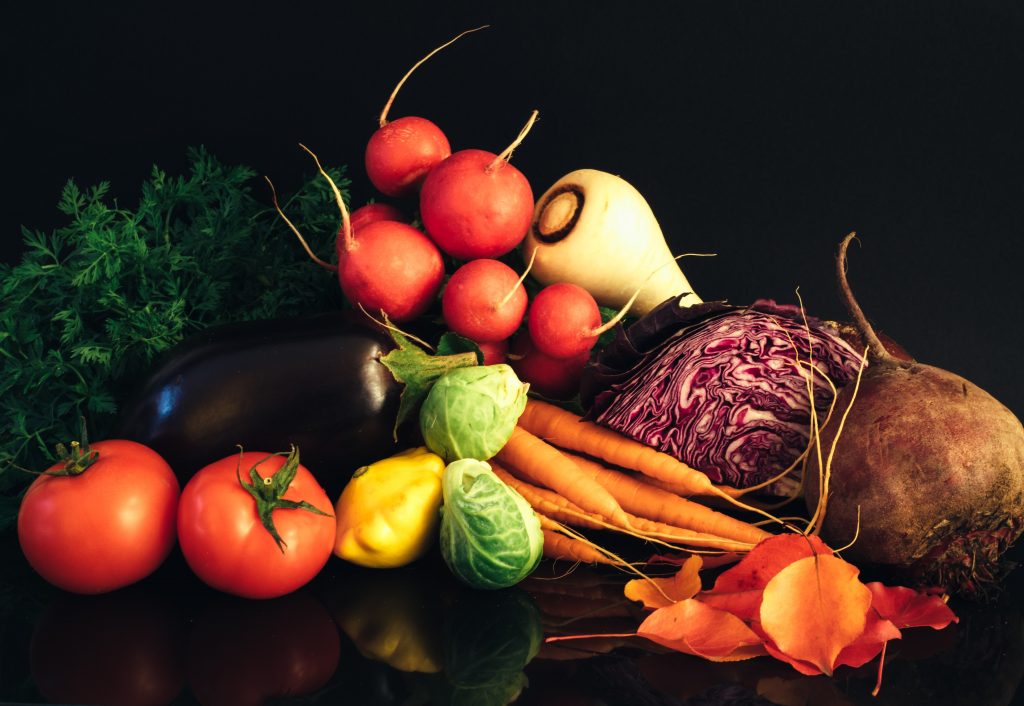

This is because we are collectively tempted to buy packaged and expensive food. Next time we go shopping, we just need to stop bargaining with small businesses and think about the farmers first!
